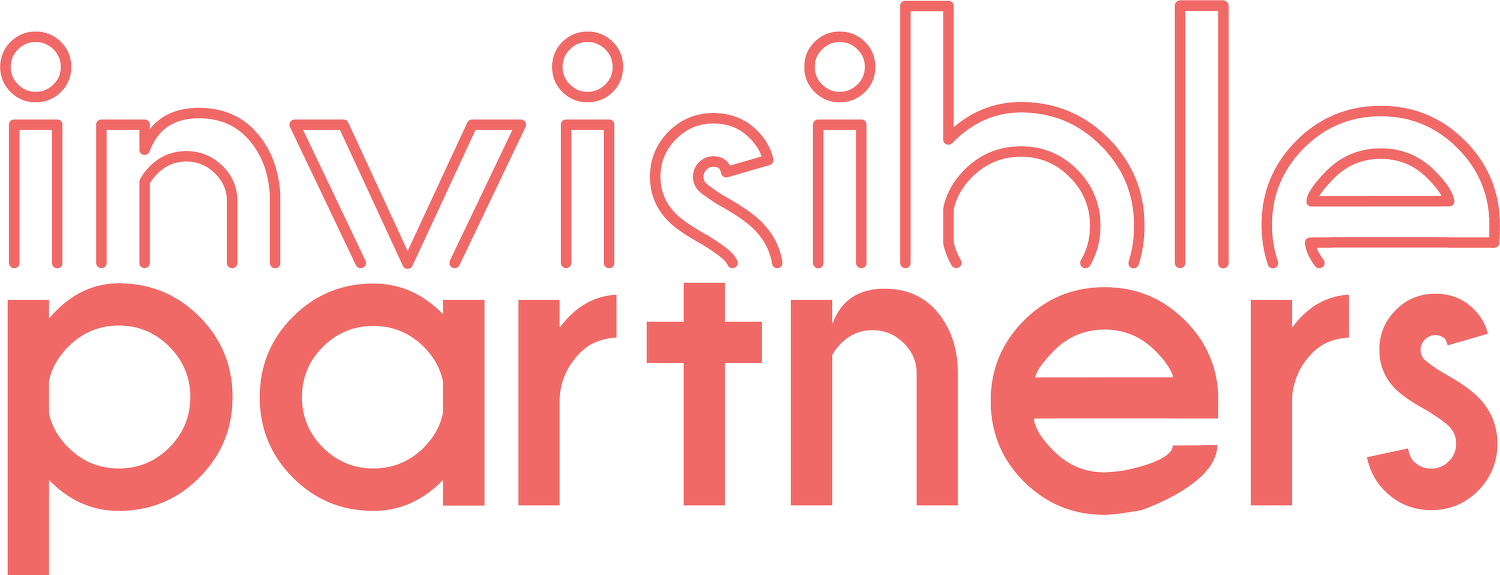The gig economy’s effect on hiring
How companies are adapting to a workforce that's increasingly made up of freelancers and contractors.
Organisational design is constantly changing and evolving. Maybe you’re part of a business moving through the startup and scale-up stages or maybe you’re helping a business make big moves from the ‘old’ to the new operating models needed to thrive in todays flexible world.
These changes, and every other one, require new capabilities and characteristics to be brought into the fold.
Whilst large enterprise can stomach the price tag associated with the Accenture’s and McKinsey’s of this world to help with that, SMBs could benefit from a more innovative, affordable approach to organisational design and workforce planning.
The age of the freelancer is here
With an increased awareness of remote work, and individuals ‘doing it for themselves’ popping up everywhere, this is an exciting time to capture expertise or skills for a specific function in a new way.
The rhetoric of future ways of working and portfolio careers seems to be everywhere I turn, but I wonder if organisations are aware of the opportunity that exists with this shift from organisational design to individually designed careers.
This presents a phenomenal opportunity to bring in a ‘Subject Matter Expert’, way beyond a hiring budget on a permanent basis, but at a fraction of the cost of pure outsourcing. With mandates that will see those people work alongside your BAU team to support their development and get powerful exposure.
Image: Gratisography
Tapping into the gig economy could be your answer to…
Short term roles
Great for when you have a need for a big strategic piece to be delivered, but once complete the job requirements will be quite different.
E.g a new system implementation or transitioning a previously outsourced function in-house (Finance/Talent Acquisition/IT)
Time sensitive projects
Do you need something delivered within a tight timeframe with no internal capacity and/or expertise?
Capability uplift
As an example, you may have a junior team currently, but one with great potential. Brining in the right coach and/or mentor to support them could be the key in unlocking their greatness.
Is a freelance mentor/leader one day per week the best solution, versus taking on an overcooked senior hire?
Launching a new product or branching out into a new market
It could be wise to bring in some short term expertise in the areas you’re branching out into.
Better in than out
Bringing a freelancer or strategic resource in can be a wise investment. It can uplift internal capability, give an external perspective, unbiased by the ‘we don’t do things that way’ attitude.
It differs from outsourcing, as the care factor of an individual is there, they are treated and behave as part of the team, but equally measured on a specific outcome and if modelled the right way, remunerated based on project deliverables.



